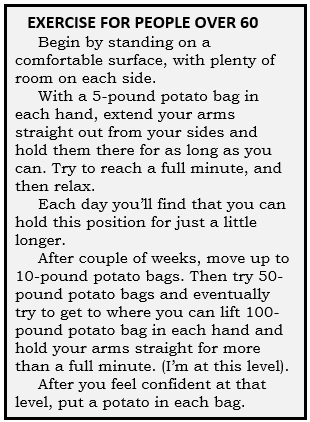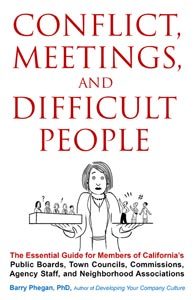 Homeschooling brings enthusiasm and commitment. Job losses depress more than income. Finding pleasure in simple things.
Homeschooling brings enthusiasm and commitment. Job losses depress more than income. Finding pleasure in simple things.
Homeschooling Surprise — Engagement Brings Commitment
Across the nation, parents of school-age children just finished their second week of involuntary homeschooling. I’m hearing stories from parents about their children’s reactions. Many are strikingly positive.
These mirror tales from my pre-retirement career, working with corporate leaders, building work cultures where managers learned how to make decisions with the people most affected.
One of the golden rules of decision-making is, “If somebody is affected by a decision, they should be involved in it.” It’s a golden rule because there isn’t anybody on this little planet who does not like to be involved in decisions that affect them. It’s a universal human desire.
Now some parents find their home-studying children acting like adults, taking serious responsibility for their learning. Nice surprise.
It makes sense. At school, children mostly experience an authority figure, the teacher, who behaves like an old-style boss, giving instructions, issuing orders. The result is predictable — passivity, or even resistance. While some teachers give children a few choices about what to work on, children are not deeply involved in the classroom decision process, and therefore don’t experience ownership and commitment.
With homeschooling, a child might sit down with a parent, (traditionally their mother) and together agree on a schedule for the days of the week, what to do and when to do it. With this approach, children are deeply involved in making the decision — partly because they know a lot more than their parents about what happens in the classroom and what they should be doing. While the school may give the homes a plan, it’s up to the children and the parents to adapt it to each family’s unique home situation.
From the few stories I’m hearing, the result is predictable — many children are enthusiastically studying. I believe their involvement brought their commitment.
We’ll see how homeschooling unfolds. For some, it’s an unexpected bright spot amidst this terrible, rapidly spreading pandemic.
Job Losses Depress More Than Incomes
In my last blog, written at the start of California’s reaction to COVID-19, I described how I’d felt depressed, frustrated, and jealous, then realized the feelings came because I was no longer needed (as a volunteer).
Over this last week, I realized that my experience — not being wanted, not being valued, not being needed — wasn’t unique. Millions are now involuntarily unemployed, their income suddenly and dangerously gone. So is their sense of self-worth. It’s a double whammy.
The biggest hit is the lost income — over half of American families live paycheck to paycheck — but added is that same stress I felt, from lost identity. Similarly, when people retire, many suddenly realize that their sense of self was tied up in their work. Unless they find something new to give their life meaning and value, they easily spiral into a mild but chronic depression. There’s a jump in deaths in those early retirement years.
Will something similar happen now, will depression and malaise (and possibly suicides) increase? I hadn’t recognized that my experience two weeks ago was just part of the broader pandemic. Now it’s clear.
Scrambling to find work when jobs are gone is exhausting, may be futile. You’ll get even more depressed and think it’s all about you. That’s a deep, dark hole.
 Finding pleasure in simple things.
Finding pleasure in simple things.
For the few who saved for a rainy day, staying home, sheltering-in-place, is an opportunity to explore simple pleasures. I’m enjoying slowing down and smelling the roses. You?
Thank you for reading along with me. As always, I’d appreciate and value your comments, thoughts and experiences — and suggestions.
me, Barry Phegan





